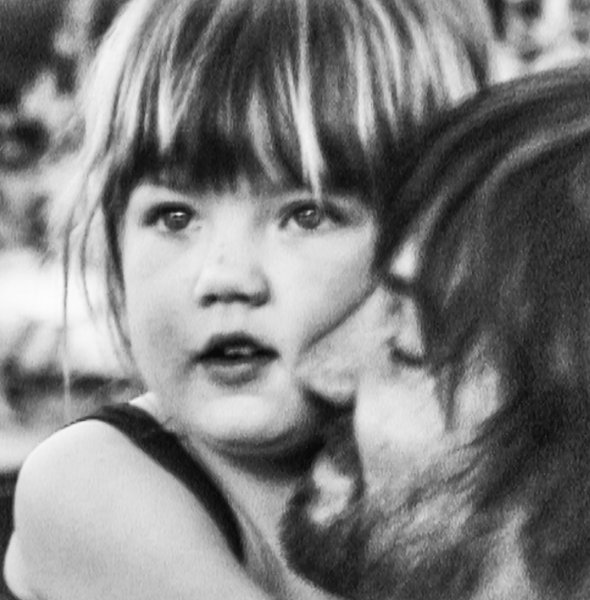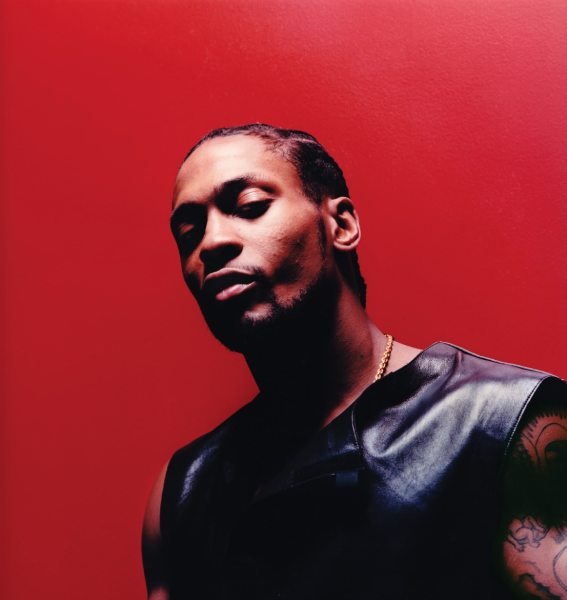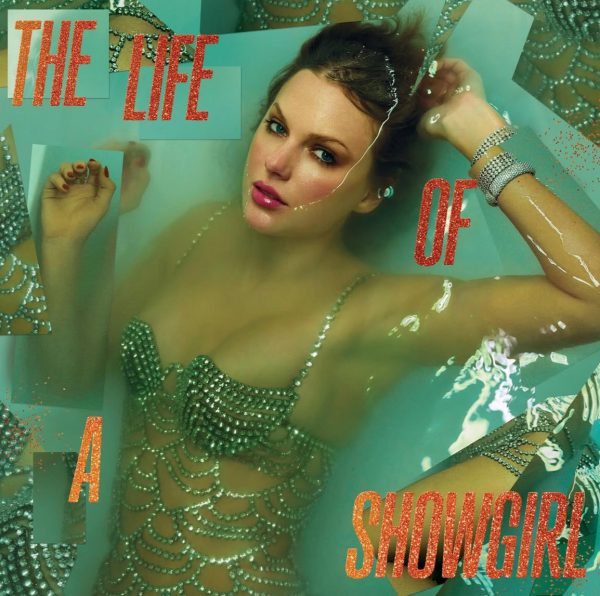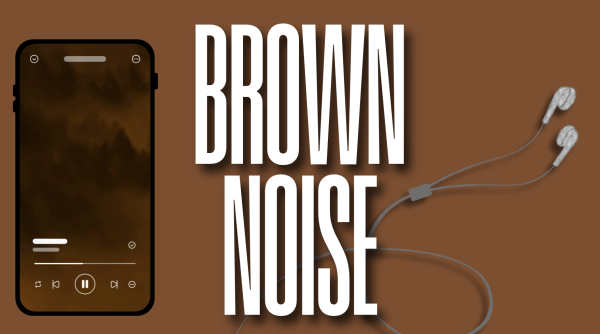In “Collections from the Whiteout” Ben Howard Dives Into New Sonic Territory: It Works
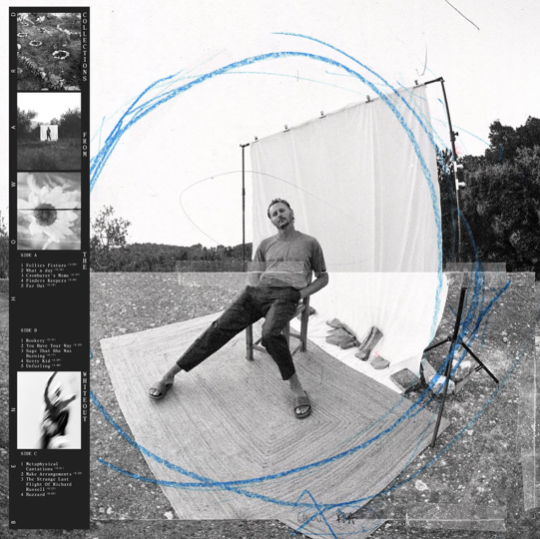
With expertly produced electronic elements and his steadfast guitar-plucking, Ben Howard’s newest album is a calming experiment during such unstable times. (Courtesy of Twitter)
It is fair to make the assumption that, if one has indeed heard Ben Howard’s name before, it is due to his 2011 debut “Every Kingdom.” The folk-pop record that launched his career was quickly certified gold and pushed his (rather reluctant) guitar-playing surfer-boy image out into the spotlight. His following two albums, 2014’s dark, electric “I Forget Where We Were” and 2018’s psychedelic “Noonday Dream,” were equally beautiful — as well as steadfast attempts to distance himself from the young, happy-go-lucky persona and become an increasingly mature and complex musician.
So, with his fourth album “Collections from the Whiteout” having arrived this past Friday, March 26, one wonders what new direction Howard has taken. Surprisingly, Howard has dropped the complete and utter sonic evolutions that have characterized his music for the past decade in favor of a gorgeously-lush amalgamation of his previous three albums. Each song is a unique product of the several collaborators Howard worked with to produce the album. Among many musicians, U.K. jazz drummer Yussef Dayes adds a percussive flair, pianist Thomas Bartlett supplements with twinkling patterns and Aaron Dessner produces the album with his signature electro-pop touch.
The result is a collection of brilliant songs. Due to its cobbled-together nature, it makes more sense to review songs in groups based on tone and sonic content rather than structure or chronological order.
The record’s first song, “Follies Fixture,” is a swift and unmistakable departure from Howard’s earlier work, featuring warm, polyrhythmic synths that are not found anywhere else in his discography. It’s a positive opener, a light love song on which Howard repeats the refrain, “every sight of you I know is worth the keeping.” These sentiments continue on “What A Day,” the record’s longest track and a clear mixture of every guitar sound that has formerly ornamented Howard’s music: picked acoustic twangs, echoing electric plucks (and perhaps Howard’s first guitar solo) and dissonant distorted swells. The song is delicate and easygoing, and the lyrics are a testament to the healing power of reflection.
The good vibes continue with “You Have Your Way,” a calm ode to a lover in which Howard croons over tipsy time signatures, “you have your way/turning the air autumn around me/you have your way.” The song’s chorus is sweet and pastoral, and it is one of the more wholesome moments on the album. The same laid-back, mellow lyrics populate “Metaphysical Cantations,” though Howard’s lyrics often require several look-throughs before their true lessons are revealed.
The darker lyrics of “Make Arrangements” float above soft bass-percussion instrumentals, leading into small pockets of self-deprecating British humor that Howard sneaks into “Collections from the Whiteout.” “Call us a mirror/the last ones at the county fair/me in the middle/all reticent and English and air.” This also comes through on the album’s closing track; the 55-second “Buzzard” features a thin, bluesy acoustic riff reminiscent of a buzzard, with lyrics that I imagine Howard wrote with a satisfied chuckle.
With the light-hearted tracks out of the way, we can dive deeper into the darker lyrical themes and contorted sounds of the album. “Crowhurst’s Meme” features a distorted guitar riff over Yussef Dayes’ driving, syncopated drumming. The song is one of the album’s more driving tracks, with lyrics about losing one’s sense of self and place. The verse, “under the cosh I’d say/found a radio silence/strangeness breathing,” as well as the chorus, “when I wake up/I’m a long way out,” are cryptic nods to the song’s titular character, Donald Crowhurst, who died on a doomed suicide voyage around the world. Things get darker still on “Finders Keepers,” an abstract piece of music where Howard’s melodic lyricism is enveloped by delayed electric pianos and buzzing guitars. Inspired by the true story of a man who followed a floating suitcase down the River Thames only to discover a dismembered body inside, Howard writes from an almost comically-exasperated point of view: “why’s it always me/finding things I should never have seen.” The contrast between his writing and the soundscape makes for a particularly fascinating listening experience.
“Far Out” seems to be one of the few riff-driven songs in Howard’s catalogue, featuring wonky pedal work and reverse reverb accents. According to Howard, the song, complete with humorous, story-like, bobbing lyrics, is “essentially a critique of how easily people are drawn to violence and animosity without reason, just to pass the time. And ultimately how there is perhaps a simpler, more fulfilling path.” “Rookery” is an acoustic ballad of sorts; a fan-favorite that Howard has played at shows for the past three years, the song seems to be a self-inventory. Sonically simple and lyrically poetic, the short song is a capsule of what Ben Howard’s fans love most about his music: self-reflection as both pithy (“I bet you think everything’s in its rightful place/that sentiment is mine’s disgrace”) and witty (“unknowing am I of the wind that took my eye/unknowing am I of the wind”).
Approaching the end of this review, we land on one of my favorite songs: “Sorry Kid.” With a chord structure and drum-machine-esque beat almost reminiscent of lo-fi hip-hop, “Sorry Kid” is a breezy, surprisingly wistful piece of music. “Unfurling” has a startlingly dissonant beginning, yet eventually moves into a jangly, swinging song. Bearing all the trappings of a 2000s folk tune, “Unfurling” is complete with strings, crunchy guitar parts and a shuffling drum beat, all while Howard laments over (or celebrates) his “bracken hatchling.” Finally, completing the darker side of this two-toned album, is “The Strange Last Flight of Richard Russell.” Referencing the man who killed himself by flying a plane into the Puget Sound, the lyrics reflect an escaped soul: “my man flies today/might as well have gone to the moon.” Engulfed in dry arpeggiating synths and electronic drums, this song has one of the most coherent builds in the entire album. You can hear layers upon layers of percussion and ambient sounds — signs of Dessner’s handiwork.
On my first few listens to this long-awaited album, I was a little bit disenchanted with the lack of dynamics. There are few crashing crescendos and extended instrumental bridges. The songs feel relatively condensed, each setting the tone and instrumental level from the beginning and sticking with those parameters for the entirety of the track. However, I wouldn’t go as far as to say the songs are flat; on the contrary, they are lively. The fact that each has its set intensity or mood, isn’t necessarily a bad thing. The album is able to breathe and have its own ebb and flow — it’s a collection of tracks rather than a cohesive listening experience. I am growing to appreciate it more and more with each listen.
With each piece of music, Howard imparts more of his calm, composed wisdom (or at least his well-worded ponderings). “Collections from the Whiteout” was not the album I expected — nor the one I initially wanted — but I now admit to myself that it might just be the album I, and we, needed.

Hanif Amanullah is a junior from Austin, Tex., majoring in international studies, whose passion for news writing and multimedia led him to the Ram. Hanif...





































































































































































































